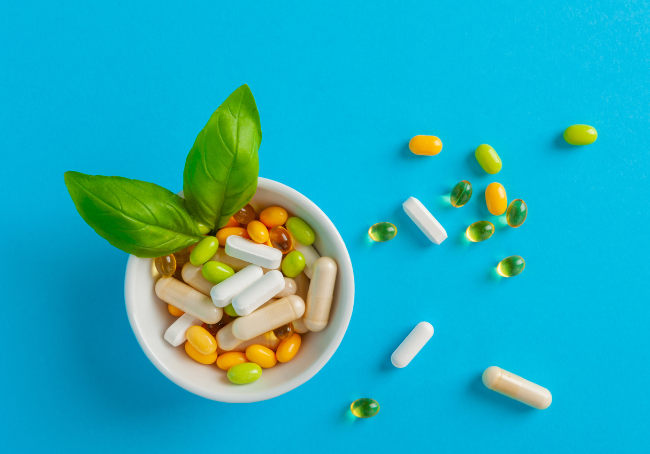Introduction:
Living with diabetes requires careful management of diet and lifestyle choices to maintain blood sugar levels within a healthy range. For individuals with diabetes, knowing which foods to avoid is crucial for managing the condition effectively. In this comprehensive nutritional guide, we will explore the foods that should be avoided by people with diabetes, along with healthier alternatives to support overall health and well-being.

Refined Carbohydrates:
Refined carbohydrates, such as white bread, white rice, and sugary cereals, can cause rapid spikes in blood sugar levels. It’s important for individuals with diabetes to limit their intake of these foods to prevent blood sugar fluctuations.
Sugary Beverages:
Sugar-sweetened beverages like soda, fruit juices, and energy drinks can lead to significant increases in blood sugar levels. Opting for water, herbal tea, or unsweetened beverages is a better choice for hydration.
Processed and Fried Foods:
Processed foods like chips, crackers, and fried snacks are high in unhealthy fats and refined carbohydrates, which can negatively impact blood sugar control. Instead, focus on whole, minimally processed foods like fruits, vegetables, and lean proteins.
Saturated and Trans Fats:
Foods high in saturated and trans fats, such as fatty cuts of meat, fried foods, and packaged snacks, can increase the risk of heart disease and worsen insulin resistance. Choosing healthier fats like avocados, nuts, and olive oil is beneficial for individuals with diabetes.
High-Sodium Foods:
High-sodium foods, including processed meats, canned soups, and salty snacks, can contribute to high blood pressure and increase the risk of cardiovascular complications in people with diabetes. Opt for fresh, homemade meals seasoned with herbs and spices instead.
Sweetened Condiments and Sauces:
Condiments and sauces like ketchup, barbecue sauce, and sweet chili sauce are often high in added sugars, which can elevate blood sugar levels. Choose sugar-free or low-sugar alternatives or flavor your dishes with fresh herbs and spices.
Pastries and Desserts:
Pastries, cakes, cookies, and other desserts are typically loaded with refined sugars and unhealthy fats, making them detrimental to blood sugar control. Enjoying occasional treats in moderation and opting for healthier dessert options like fruit salad or yogurt with berries is recommended.
Alcohol:
Alcohol can interfere with blood sugar regulation and may cause hypoglycemia or hyperglycemia in people with diabetes. Limiting alcohol consumption and choosing low-carb options like light beer or dry wine can help minimize its impact on blood sugar levels.
Conclusion:
Understanding which foods to avoid is essential for effectively managing diabetes and maintaining overall health. By limiting the intake of refined carbohydrates, sugary beverages, processed and fried foods, unhealthy fats, high-sodium foods, sweetened condiments, pastries, desserts, and alcohol, individuals with diabetes can better control their blood sugar levels and reduce the risk of complications associated with the condition. Instead, focus on a balanced diet rich in whole, nutrient-dense foods to support optimal health and well-being. If you have diabetes, consult with a healthcare professional or registered dietitian to develop a personalized meal plan that meets your specific nutritional needs and goals.





